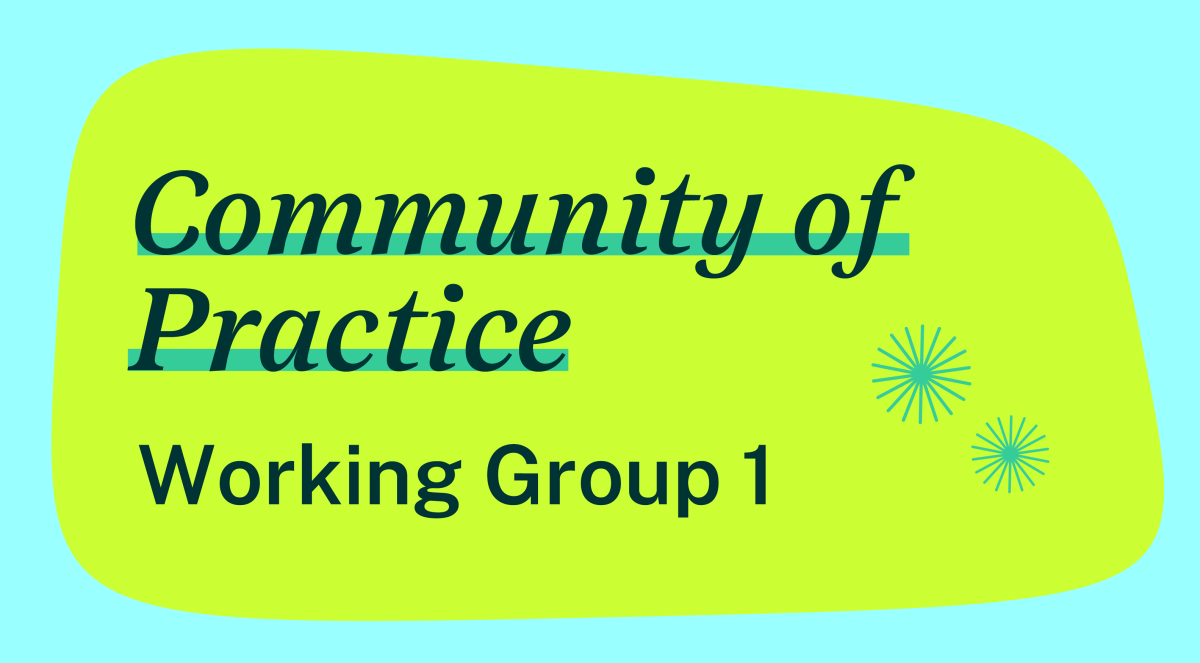On World Environment Day, June 5th, 2024, the Urban ReLeaf Community of Practice (CoP) celebrated its inaugural online meeting, marking a significant step forward in promoting sustainable urban development and inclusive communities.
This community brings together experts from diverse fields such as citizen science, earth observation, and public initiatives to foster interdisciplinary collaboration in addressing the complex urban challenges faced today.
The meeting was led by ICLEI’s Working Group ‘Triggering Innovation in Public Authorities with Citizen-Powered Science’.
The group focuses on using the power of citizen science to help public authorities worldwide overcome resource constraints and enhance policy decisions through community engagement. By involving citizens in data collection, the group will explore how the approach can improve the quality of the data, empower communities and foster a sense of ownership over urban development initiatives.

Image 1: Urban ReLeaf Community of Practice Working Groups overview
The agenda featured a series of presentations and discussions.
Marcelo Lampkowski and Müller Oliveira (ICLEI Europe) kicked off with an introduction to the Urban ReLeaf Project and its Community of Practice. They emphasised the project’s goals of advancing citizen-driven urban data, supporting urban policy, building city resilience, connecting stakeholders, and fostering collaborative urban sustainability solutions.
Following on, Sophia Silverton (ICLEI Europe) discussed innovative governance models that integrate local initiatives and emphasised the importance of creating inclusive policies that address social and environmental justice. Her presentation drew on earlier work completed as part of the UrbanA project (see image 2, below).

Image 2: Governance processes outlined from UrbanA project
Bárbara Coelho (Cascais Ambiente) showcased the ‘Municipality of Cascais: An Urban Park for the Future Campaign’ (see image 3, below).
The presentation focused on the municipality’s efforts to transform urban parks into multifunctional green spaces that serve ecological, recreational, and educational purposes. She shared insightful practices and lessons learned from their campaign so far, inspiring participants to implement similar initiatives in their own communities.

Image 3: An overview of the Municipality of Cascais ‘An Urban Park for the Future Campaign’.
The meeting concluded with a dynamic roundtable discussion on ‘Empowering Citizen Science in Local Governance for More Sustainable and Just Urban Environments.’ Participants exchanged ideas on effective strategies for engaging citizens in scientific research and data collection, ensuring that community voices are heard and valued in the policymaking process.
During the discussion, attendees delved into several important topics, including:
- Best practices for citizen engagement in policymaking
- Shared challenges faced by public authorities in integrating citizen science into governance
- Scaling up successful initiatives
- Identifying new opportunities for citizen involvement in urban sustainability efforts
The Working Group ‘Triggering Innovation in Public Authorities with Citizen-Powered Science’ invites all stakeholders to join future conversations and contribute to the advancement of citizen-powered science and inclusive governance.
This inaugural meeting set the stage for ongoing collaborations and innovations aimed at building a more sustainable future for our urban environments.
